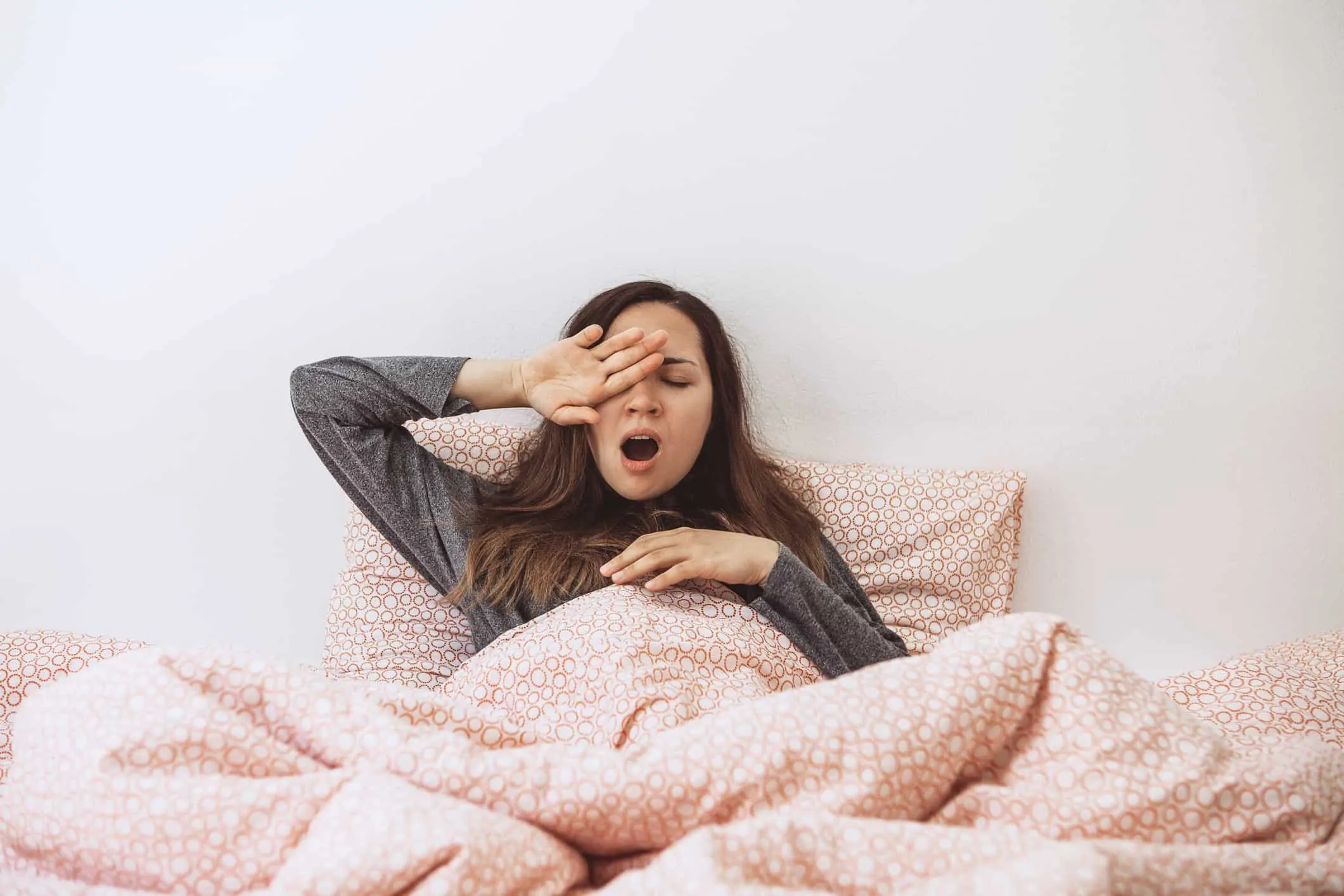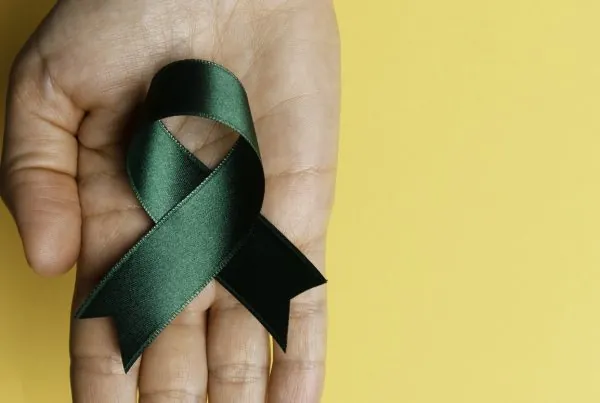It should come to no surprise to hear that teens are struggling to fall asleep and get the amount of sleep they need for healthy development. It is not a new issue and is one that has been plaguing younger teens for generations. However, there are indications that it is getting worse, and that this might have an impact on teens’ emotional, physical, and mental development.
The Importance of Good Sleep Hygiene for Teens
It is common knowledge that teens and children need more sleep than adults – the exact number varies individually, but it is generally around eight to ten hours. Some teens need a little less, some teens need a little more, and once we reach a certain age, we generally need less than we used to. However, it is also common knowledge that teens are not getting the sleep they need – and that this problem has been growing in intensity and scope for the past few decades.
Lack of rest can cause problems with mental and physical development, bring down grades as teens remain groggy throughout a signification portion of the day, and impact mood and behavior. Not only do teens get more moody with a lack of sleep, but they make worse decisions, don’t process information properly, don’t grow as much as they should, and have a much greater risk of developing chronic health issues as a result – from skin issues to rapid weight gain and chronic headaches.
These issues tend to become worse the less sleep teens get, and they get less the more hectic their school lives become. Teens tend to start falling into a rabbit hole of sleeplessness as soon as they hit high school, culminating in shorter rest periods throughout their senior and college years. Addressing sleeplessness in teens can have a big impact on their overall well-being, personality, and even their grades. But why do they have so much trouble falling asleep in the first place?
Why Do Teens Have a Hard Time Sleeping?
There are multiple factors contributing poor sleep hygiene for teens. The first is that teens are not wired to sleep as early as most adults do. The circadian rhythm of someone going through puberty is such that a teen will naturally have a harder time falling asleep before 11pm than most adults do. Obviously, this does not explain why sleeping schedules have shifted so much in recent years, and why the lack of proper sleep hygiene for teens has only become worse in recent generations. That can be explained by the other factors, including:
Exposure to Certain Types of Light
The human body has two internal clocks, both of which inform the rate at which our body regulates things like being awake and becoming drowsy. One of these clocks operates independently and runs on a timer that is roughly equivalent to a 24-hour cycle. It is our body’s natural sleep/wake homeostasis. The other is based on the timed release of certain neurotransmitters and relies on external stimuli to tell the time – most importantly, sunlight.
This is known as the circadian body clock and determines our circadian rhythm. This rhythm becomes accustomed to consistency and repetition, which is why it becomes progressively harder to wake up early the later you go to bed. Our eyes are incredibly sensitive to certain types of light, and we are more likely to become drowsy the darker our environment gets.
Not all light causes us to stay awake – blue light, which is harsher and colder, tends to keep us up the most, because it simulates the intensity of sunlight at midday. As the sun reaches the horizon and sets, its light becomes warmer and less harsh – as such, warm lights keep us up a little less. However, preadolescents and teens are more susceptible to all types of light, while adult brains are more able to perceive nuance in light.
This means even warmer lights – such as screens on reading mode – can help keep teens and preteens awake. While most teens likely already use battery-saving Dark Modes in many apps and some have their phones and screens set to dim and grow warmer as the sun sets, excessive screen use past a certain time of day may interfere with your teen’s natural sleep cycle.
Increased Consumption of Caffeinated Beverages
Caffeine is a stimulant that blocks the brain’s reception of adenosine, one of the neurotransmitters responsible for drowsiness, while slowing down the body’s natural release of melatonin, another chemical that signals us to go to sleep.
It’s important to note here that caffeine sensitivity is extremely varied and depends on age and genetics – which is why you might know someone who can hit the hay right after enjoying a post-dinner cup of coffee. Caffeine’s elimination half-life can vary between 1.5 and 9.5 hours.
However, given that teens have been more likely to hit up Starbucks and consume several energy drinks a day to supplement their studying routines and hang out with friends, too much daily caffeine (or consuming caffeine too late in the day) can play a role.
Increased School Stress
Teen stress levels rival that of their adult counterparts, research finds, and some studies indicate that teens are experiencing even more stress at school than some adults at work.
These stress levels are thought to be the result of poor or lacking stress management, excessive involvement in extracurricular activities, pressure of achieving admission in a top college, and the constant fear that their professional future and happiness hinges on academics – from small pop quizzes to major exams.
While these worries have been ever present for generations, they seem particularly exacerbated for today’s teens, especially as more and more people are encouraged to focus on a continuing education rather than finding a job after high school.
Tougher Schedules
Today’s teens generally have less free time than their parents did, and even recuperative months – like the summer vacation – have become a source of stress and school-related anxiety. This can have a detrimental effect on a teen’s mental health and well-being, as well as their sleep schedule.
While you’d think more activity would translate into a need for more sleep, many teens are instead continuing to try and make time for their friends well into the early hours of the morning, and school or work-related stress is causing many to become restless.
How Can Healthy Habits Promote Better Sleep?
Some factors are easier to control than others, including setting firm bedtimes, limiting screen time an hour before bed, creating a consistent and proper sleeping ritual that promotes good sleep hygiene for teens.
-
- Set firm bedtimes: While most teens would argue that they’re too old for parent-set bedtimes, research shows that sticking to a strict curfew and bedtime typically get better sleep, and function better during the day.
- Cut screen time at night: Teens may want to consider cutting down on screen time an hour or so before bed to ensure that their body’s natural clock does its job, rather than being tricked into thinking it’s far too early for bed.
- Advocate for later start times: Adolescent brains are wired to sleep a little later than most adults, and sleep in a little longer as well. The CDC and other organizations have urged for later start times in schools, including teen advocacy groups and parent organizations. Urge your local schools to start classes at 8:30am at the earliest.
- Creating a good bedroom environment: Temperature, lighting, noise. These are controllable elements that can make it easier or harder to fall asleep, and encouraging your teen to maintain a good bedroom environment by turning the temperature down a bit and keeping things dim and dark can help them fall asleep faster.
The factors at play are both inside and outside of our control, and our teens’ control. Minimizing these factors and coping with them may not only help lower rates of anxiety and generally improve academic performance but will help your teens just feel better, grow better, and be healthier.








